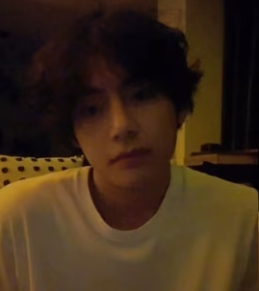
The Central Board of Secondary Education (CBSE) has recently suggested changes in the National Curriculum Framework for the upcoming board exams. One of the significant changes is the introduction of a semester system in Class 12th, which will provide students with the flexibility to choose subjects of their interest. The proposed changes aim to reduce the burden on students and provide them with a comprehensive and holistic education.
Under the new system, students will have the option to choose between three different streams – Humanities, Science, and Commerce. They will also have the flexibility to choose their preferred combination of subjects, which will be evaluated at the end of each semester. This approach will not only make learning more engaging and personalized but also reduce the pressure on students to perform well in all subjects.
Another significant change suggested in the National Curriculum Framework is the inclusion of vocational courses, which will provide students with practical skills and knowledge related to their chosen profession. This will not only make students more employable but also help them pursue their passion and interests.
Apart from these changes, the CBSE has also proposed to include life skills, environmental studies, and gender studies in the curriculum. The board has emphasized the need to educate students on these subjects, which are essential for their personal and social development.
The National Curriculum Framework has also suggested that the board exams should be conducted in a more flexible manner, allowing students to choose their preferred mode of examination, such as online or offline. The CBSE has also proposed to reduce the syllabus for board exams, providing students with more time to focus on practical learning and skill development.
Overall, the proposed changes in the National Curriculum Framework aim to provide students with a comprehensive and holistic education that prepares them for the challenges of the real world. The introduction of a semester system, vocational courses, and the reduction of syllabus will reduce the pressure on students and make learning more engaging and personalized. The inclusion of life skills, environmental studies, and gender studies in the curriculum will also contribute to the personal and social development of students.
However, these changes will require significant efforts and resources from schools, teachers, and students. Teachers will need to be trained in new teaching methods and evaluation techniques, while schools will need to provide the necessary infrastructure and resources to support these changes. Students, on the other hand, will need to embrace these changes and adopt a more proactive approach to their education.
In conclusion, the proposed changes in the National Curriculum Framework are a step in the right direction towards providing students with a comprehensive and holistic education. The semester system, vocational courses, and reduction of syllabus will reduce the burden on students and make learning more engaging and personalized. The inclusion of life skills, environmental studies, and gender studies in the curriculum will also contribute to the personal and social development of students. However, the success of these changes will depend on the efforts and resources put in by schools, teachers, and students.







